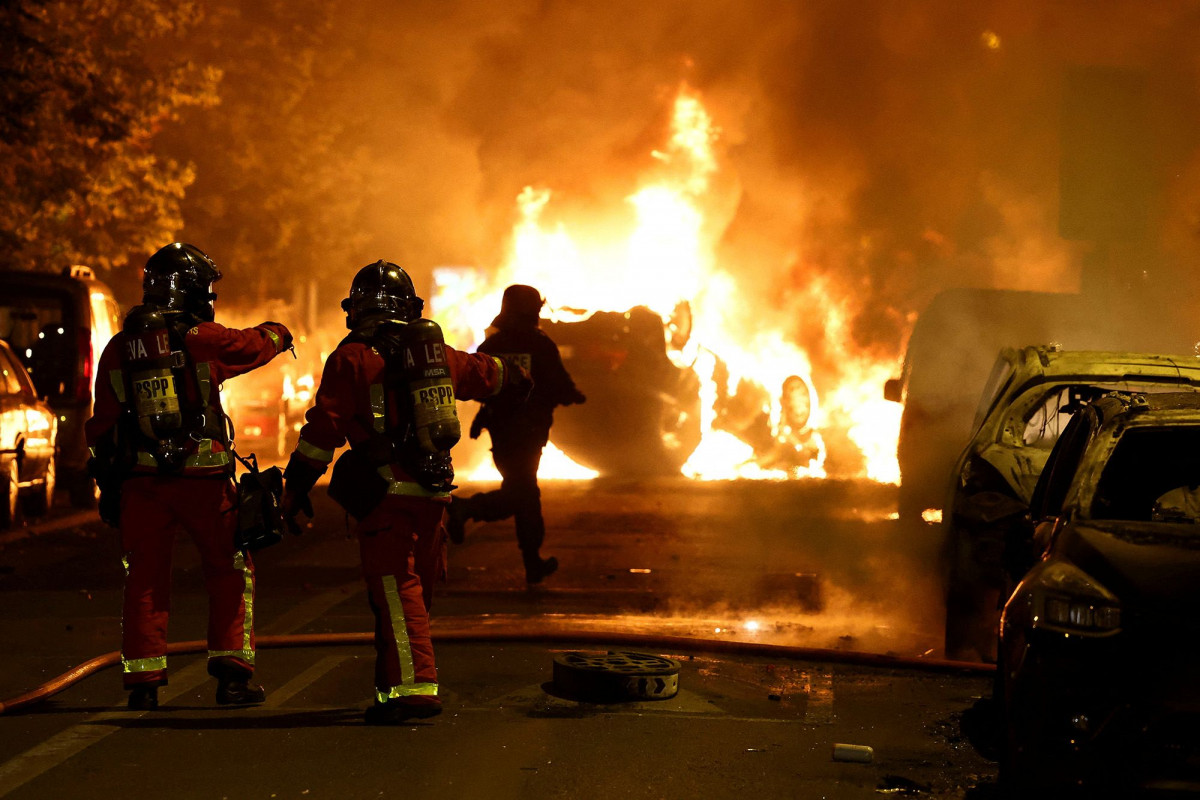


The recent riots that have engulfed many French cities have once again brought to light the pervasive problem of generational marginalisation that affects immigrants from North Africa.
A police check in Nanterre resulted in the tragic death of Nahel M., a 17-year-old with Algerian ancestry, raising questions about France's historical denial of a bloody colonial past and its ongoing discrimination against immigrant groups.
This blog post investigates the root reasons and ramifications of these riots, illuminating the structural difficulties encountered by successive generations of immigrants in France.
European nations have always been hostile toward immigrants from third-world nations. Where the UK has paid Turkish Border Security to halt immigration, France is no exception. The marginalisation and persecution of immigrant populations, especially those from North Africa, are still being sustained by France's refusal to confront its violent colonial past.
Even if they were born in France and have the same rights as French citizens, people of foreign descent frequently find themselves in an inferior position. The riots are an effective way for people to show their resentment and rage at a system that continues to exclude them from social integration and equal chances.
The unfortunate death of Nahel M. serves as an example of the rising hostilities between the state and disadvantaged groups. According to media reports, certain French media agencies had preconceptions and prematurely declared the victim to have a criminal record because of his immigrant background. The sense of injustice is further made worse by such stigmatisation, which also feeds societal unrest.
The Maghreb nations, particularly Algeria, where Nahel M.'s Algerian origin has drawn attention, have felt the impact of the riots in France quite severely. The sad tragedy prompted the Algerian government to break its normal quiet on the subject and express shock and outrage. This represents a rising dissatisfaction with France's continuous marginalisation of its sizable Algerian immigrant population.
The riots also have broader effects on France's ties with other countries, particularly with its neighbour Morocco. It has been alleged that government-affiliated media outlets in Algeria took advantage of the circumstance to settle political scores with France, straining already strained ties between Paris and Rabat.
The riots in France serve as a stark reminder of how urgently France has to overcome its colonial past and the generational marginalisation of immigrants from North Africa. France may work towards a more harmonious society that upholds the rights and dignity of all its residents by promoting inclusion and fighting structural biases.
Denying France's bloody colonial past feeds a vicious cycle of marginalisation and prejudice against immigrant groups, which makes it difficult for them to integrate into society.
Media biases, which are manifested in rapid stigmatisation and labelling, contribute to social unrest and exacerbate the sense of injustice felt by marginalised people.